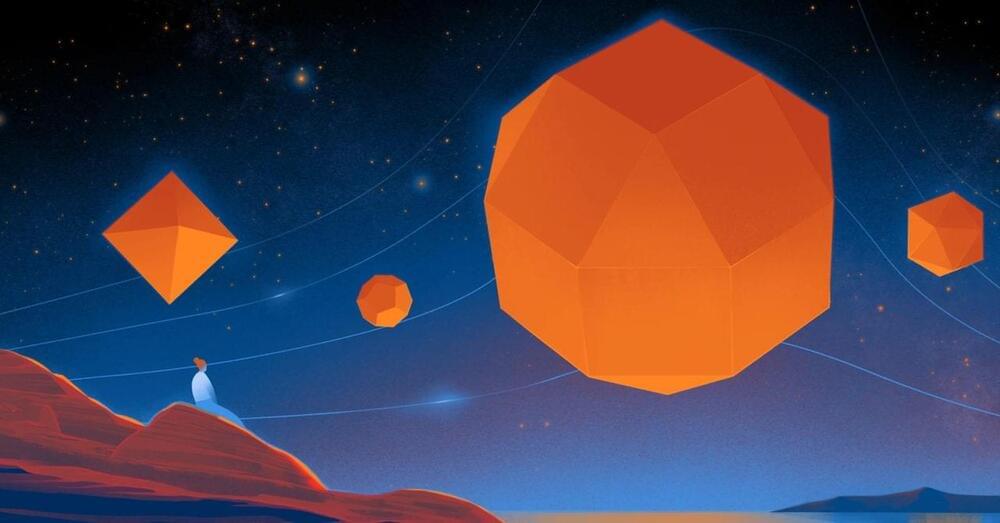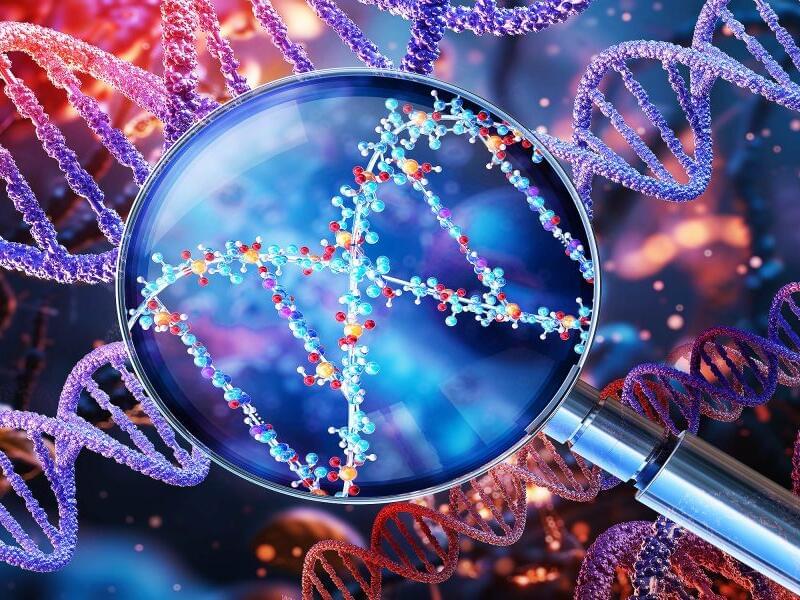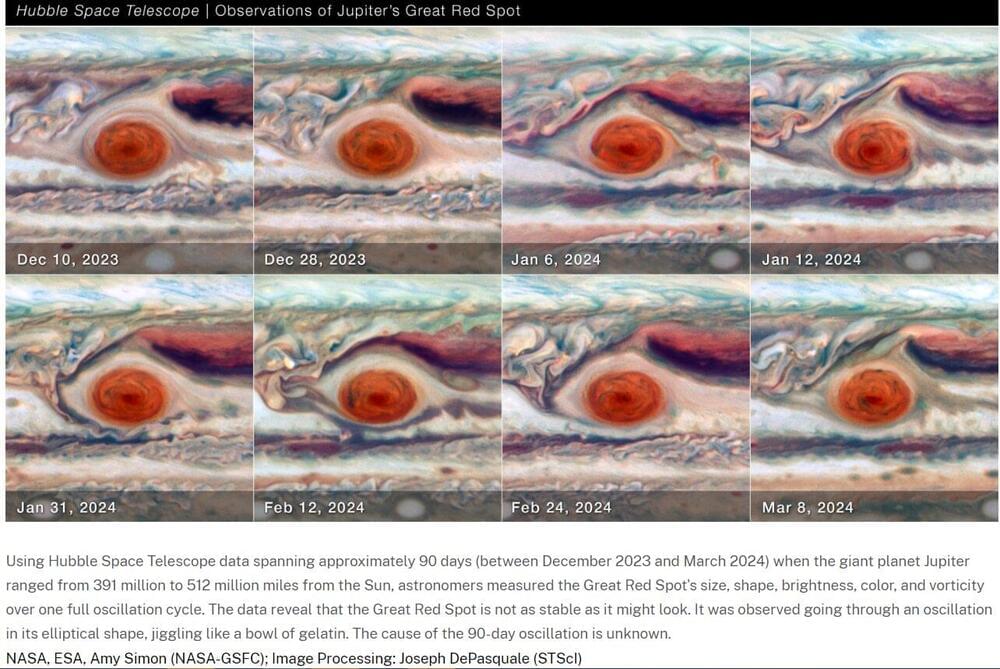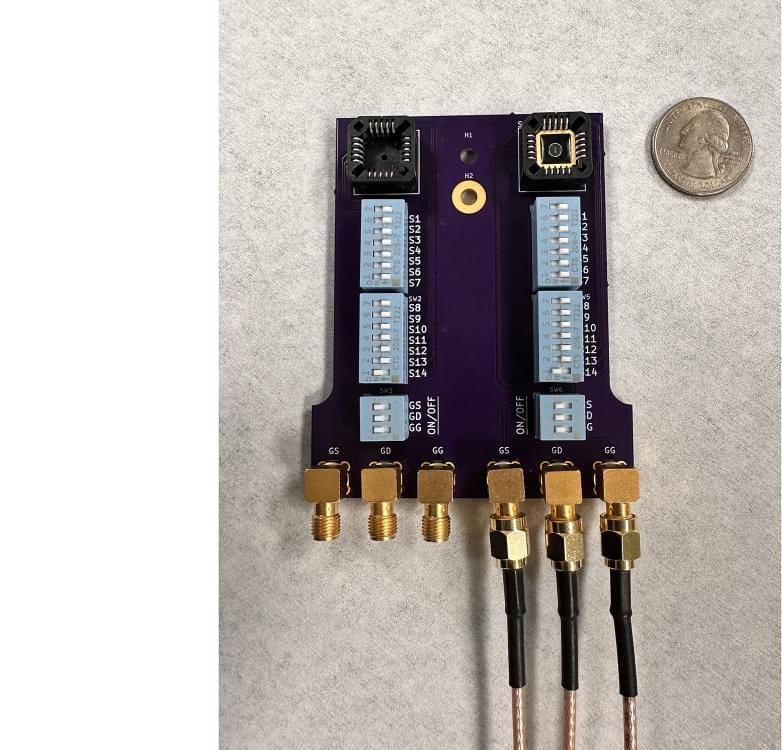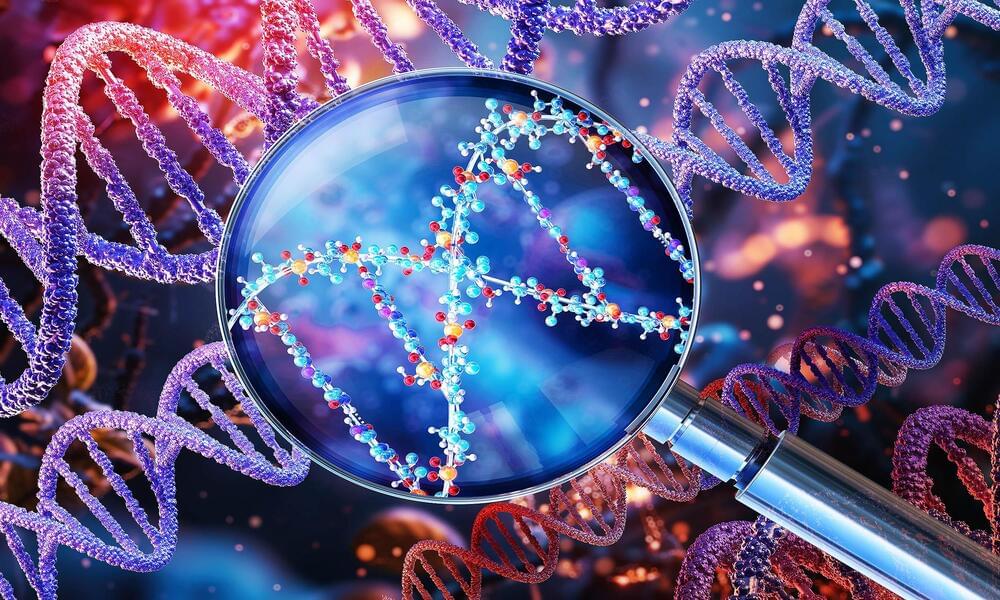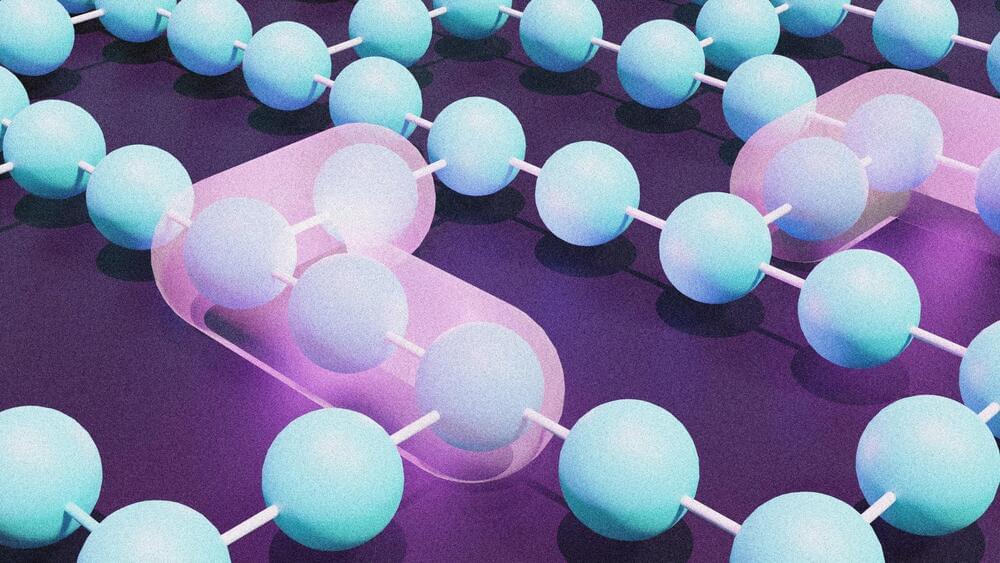Nov 3, 2024
Stunning Space Photo Reveals Onekotan Island’s Volcanic Secrets
Posted by Genevieve Klien in category: space
An astronaut captured an enthralling image of Onekotan Island from the International Space Station, showcasing the Krenitsyna Volcano of the Kuril Islands chain.
This remarkable photo highlights geographical features like the Tsar-Rusyr caldera and its deep, reflective Kol’tsevoye Lake, which is among Russia’s deepest. The volcano’s last eruption in 1952 adds a historical layer to the viewing experience, juxtaposing the rugged terrain against the caldera’s lush, vegetated landscape.
Capturing onekotan: a stunning image from space.

